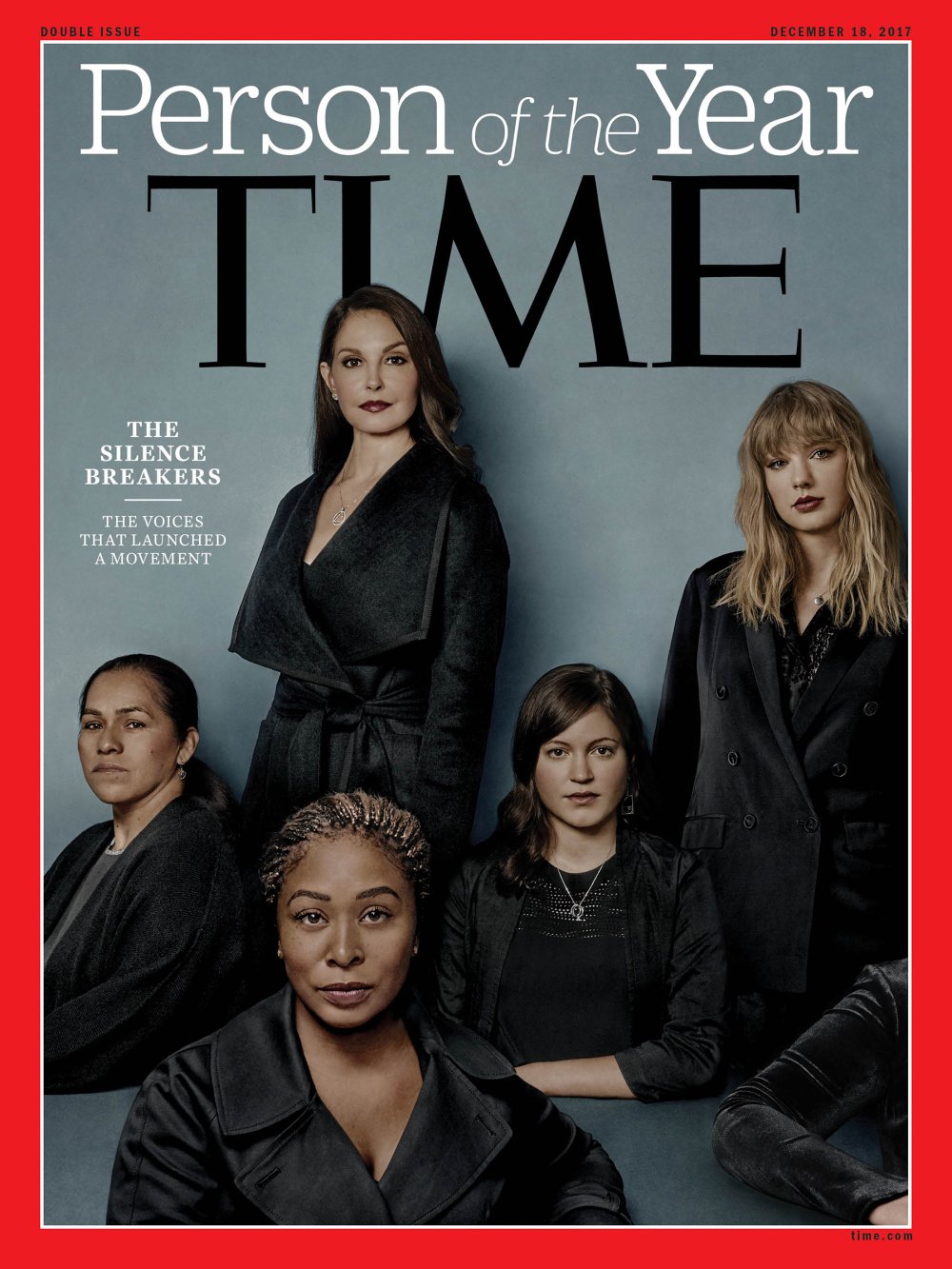
This morning, TIME magazine announced that it had chosen “the Silence Breakers”—the women and men who have spoken out in a rising chorus against sexual assault, harassment, and misconduct—as its Person of the Year. Among those included: Amanda Schmitt, a curator and former Artforum circulation assistant. In October, Schmitt sued Knight Landesman, the former co-publisher of the art magazine, for alleged sexual harassment. He resigned the same day.
Schmitt tells TIME:
The harassment started when I was at the beginning of my career and had just moved to New York City. I was trying to figure out my place in the art world, my place in the city, my place as an adult in the workplace. The harassment began so early, and it was so accepted in the industry. When I finally spoke out publicly, I wondered why I hadn’t sooner. I was afraid that I didn’t have the strength to make it stop. I don’t feel that fear anymore.
Schmitt’s lawsuit against Landesman and the magazine in Manhattan Supreme Court is ongoing. Artforum’s three other publishers told TIME “they took swift action to support Schmitt.” Landesman could not be reached for comment.
Amanda Schmitt speaking in TIME’s “Silence Breakers” Video. Screenshot, © TIME Inc.
The magazine’s cover image includes actress Ashley Judd, who was among the first to speak out against Harvey Weinstein on the record; Susan Fowler, who wrote a damning essay that brought down Uber’s CEO; Adama Iwu, a lobbyist who exposed rampant sexual harassment in California’s capital; Taylor Swift, who successfully testified against a radio host who groped her; and Isabel Pascual, who started the #MeToo movement.
Schmitt appears alongside these women and others including journalist Megyn Kelly, actress and activist Rose McGowan, and hotel hospitality coordinator Dana Lewis in a video accompanying the article. “I feel like the day that I spoke up and I said, ‘You are a sexual harasser,’ I changed,” Schmitt said.